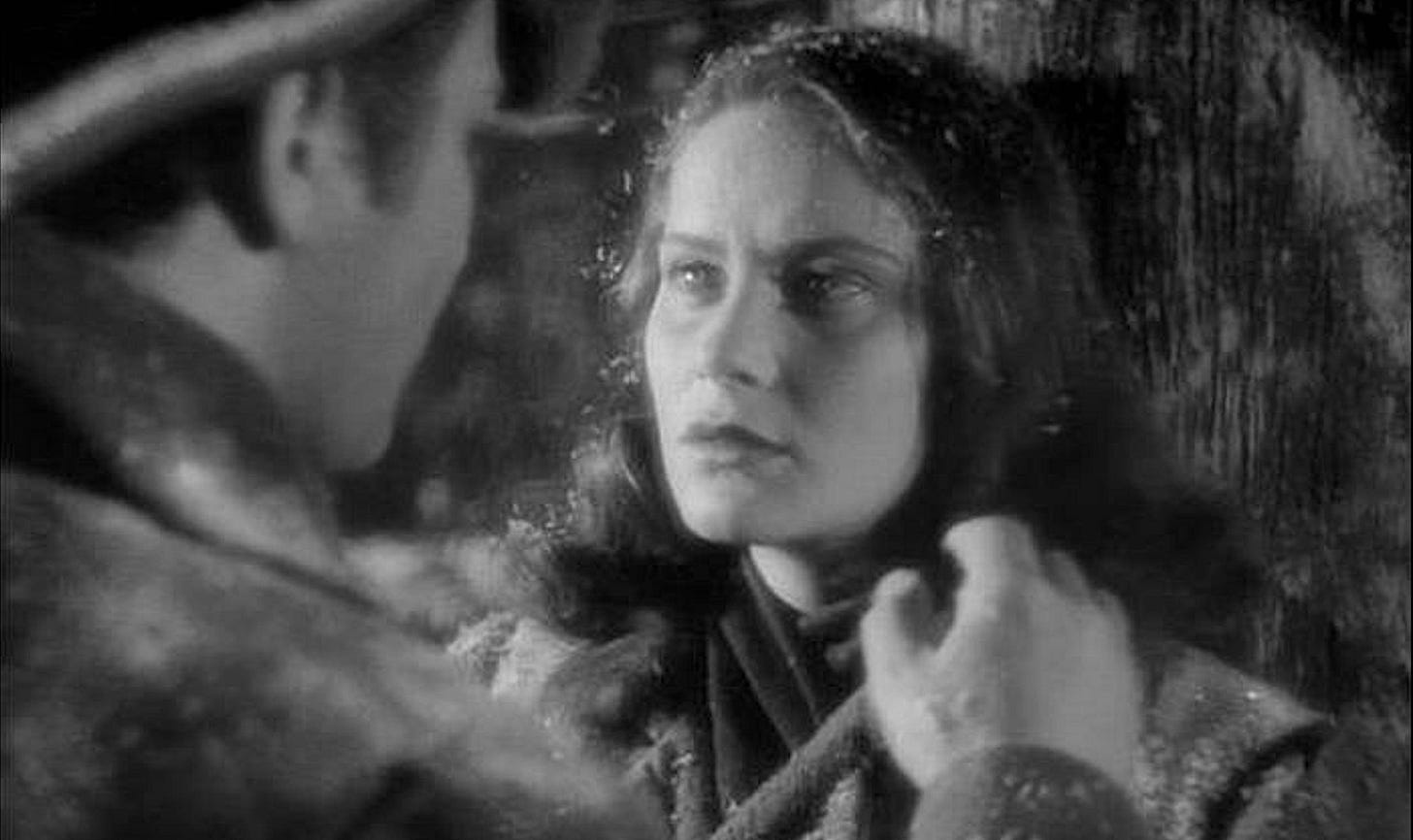Ayn Rand’s We the Living: Back on the Silver Screen—and Better Than Ever
By Robert Begley
Several decades ago, Emmy Award-winning filmmaker Duncan Scott worked with Ayn Rand to restore the 1942 Italian film adaptation of her first novel, We the Living. Set during the Russian Revolution—a period that Rand witnessed firsthand—We the Living shows how a totalitarian state makes human life impossible. Scott is now preparing a newly restored high-…



